Saudi Arabia: The Kingdom Embraces Change and Reform
Despite Western media relentlessly branding Saudi Arabia an archaic, backwards-oriented Islamic monarchy, the kingdom has done bold steps which aim to get its population back to work by diversifying its energy-oriented economy, empowering women to study work and by embracing the digital age like few other Arab countries.
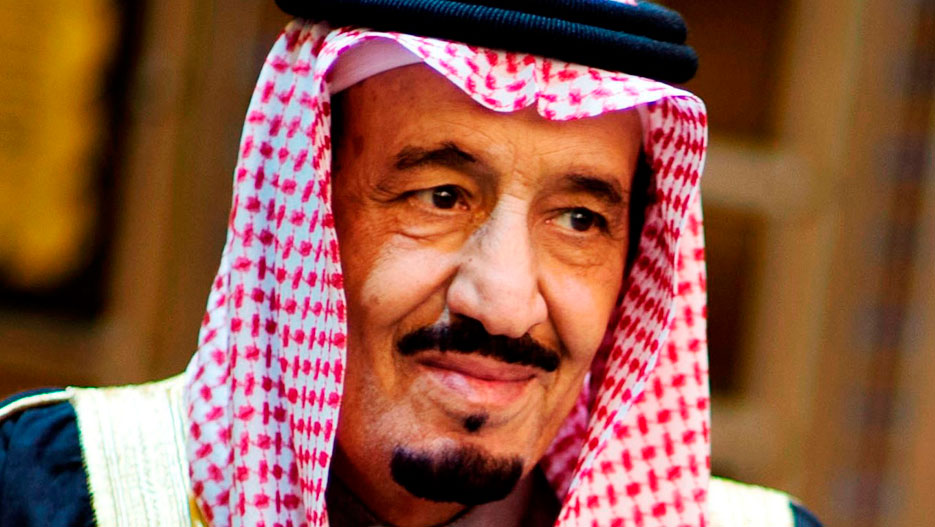
by Gérard Al-Fil
Despite Western media relentlessly branding Saudi Arabia an archaic, backwards-oriented Islamic monarchy, the kingdom has done bold steps which aim to get its population back to work by diversifying its energy-oriented economy, empowering women to study work and by embracing the digital age like few other Arab countries.
A selfie made its round. On July 5th, a picture showing late Saudi King Abdullah posing with his grandson Prince Bander Bin Saud went viral when it was revealed that the young representative of the Saud family took the first ever selfie of the most powerful monarch in the Middle East.
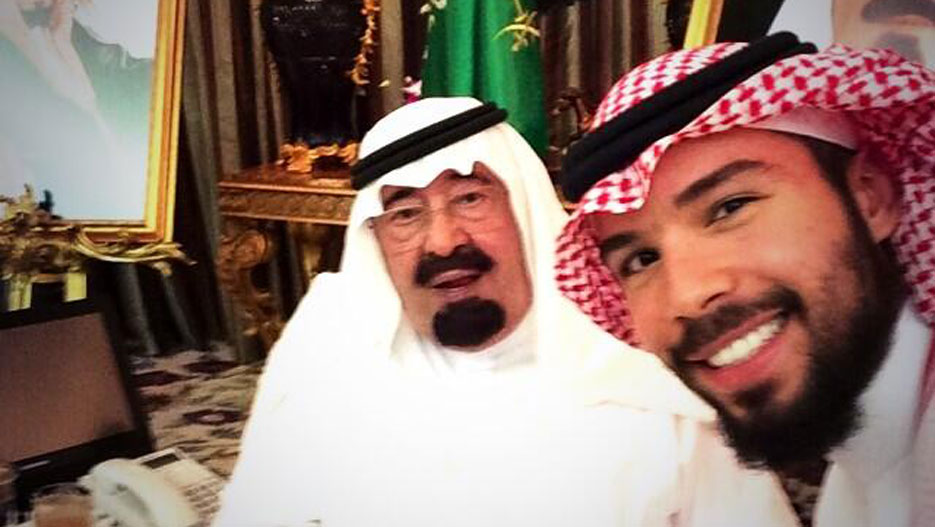
Much is discussed on CNN & Co. about Saudi Arabia as an absolute monarchy and its sometimes controversial role as a wealthy oil state which strictly separates genders in line with Islamic law (Shari’ah), but little is known about Princess Nora bint Abdulrahman University. This higher school is the largest university for women, capable of hosting 52,000 female students. The university is the biggest sole educational institution for women in the world.
This higher school is the largest university for women, capable of hosting 52,000 female students. The university is the biggest sole educational institution for women in the world.
But few countries in the world are in this intense and permanent struggle to justify its politics and way of life like Saudi Arabia, the world’s only country with a family name in its state name.
The skewed judgment of the House of Saud has triggered stereotypes that are quickly connected with a general skeptical view of Islam and it has led many politicians in West and East to underestimated the oil-rich kingdom’s political, financial and regional power. Saudi Arabia is the biggest oil producer globally and a member of the G20, OPEC and WTO.
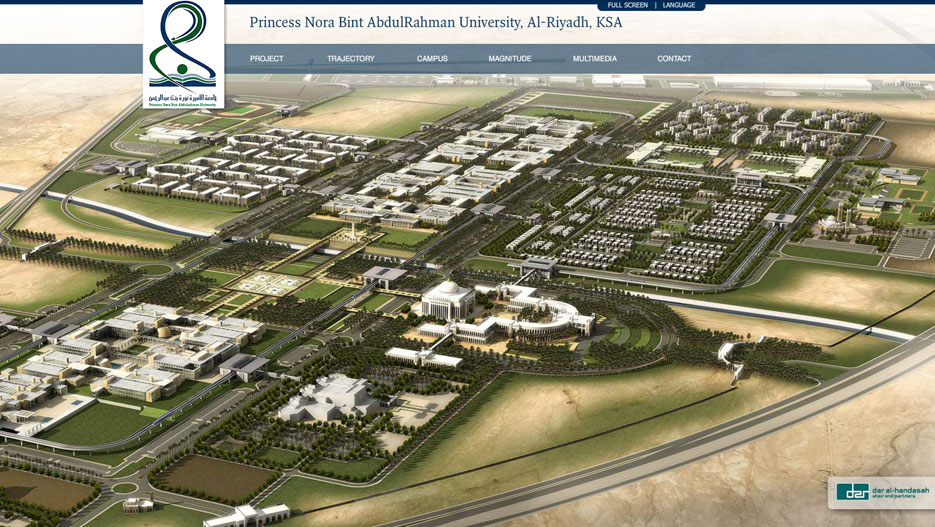
Few people, however, have noticed that the kingdom has entered a phase of gradual change and there is no way back. Women in Riyadh and Jeddah can walk in public without wearing veil, the black robe “Abaya” is sufficient. “KSA”, as the biggest Gulf state by surface and population is also called (the abbreviation stands for Kingdom of Saudi Arabia) number one in relation to easiness in setting up a business and no Gulf country launches more YouTube channels than the Kingdom.
When Marcopolis interviewed decision makers, it became clear that the Saudis are not ignorant of their internal and external challenges.
Whether it is the ban for women to drive a car or the chronic high jobless rate – the problems are known among executives and the man on the street alike.
“Unemployment stands at 6 percent,” says Abdulrahman Al-Zamil, the chairman of Zamil Group, one o of the biggest stock-listed family conglomerate in the kingdom. “I am talking about the males. With the females, it’s a very special case. There are up to 25 percent that are unemployed.”
In order to keep social unrest at bay, the government pledged to spend 500 billion dollars until 2020 into infrastructure, education and industrial diversification.
In order to keep social unrest at bay, the government pledged to spend 500 billion dollars until 2020 into infrastructure, education and industrial diversification.
Long road to reforms
Due to the kingdom’s conservative foundation (Shar’iah is the basis for all laws, Islam is the official state religion), the pace of reform policy can’t reach the speed like in Western countries. But unnoticed in the Western world, a silent rhythm of changes has started since the late king Abduallah took over in 2005 after the death of King Fahd who ruled since 1982. Following king Abdullah’s death in 2015, king Salman became the new ruler of the kingdom. Upon his accession to the trone, he pledged to continue on the “straight path” indicating the reform vector for the kingdom.
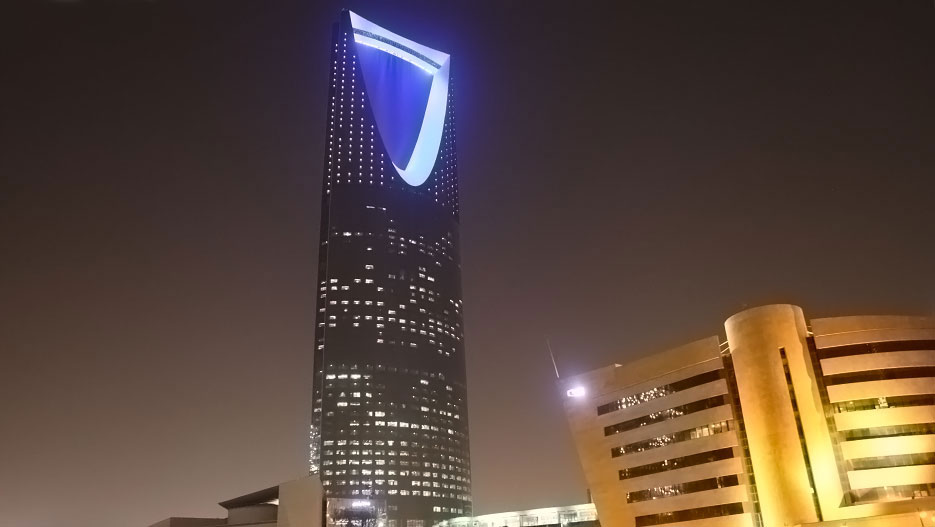
Late Saudi King Abdulla who held the official title ”the custodian of the two holy mosques” in Mecca and Medina knows that the biggest Gulf country by population (over 29 million inhabitants, of which 9 million are foreigners) cannot be transformed into a diversified economy with jobs for everyone overnight.
Educated Saudis tell Westerners under four eyes that forbidding women to drive was of course backwards, but a huge share of the Saudi population which was stuck in the past had to be educated in order to avoid a cultural shock for the ultra-conservative society.
Others see chances in the challenges. Said Mohammed S. Alkhalil, the president of FAD Investment and Development: “Saudi Arabian youth represents more than 60 percent of the population, which is a positive figure for future growth.” He added that the government is spending a large amount, which further stimulates the economy. “The economy is doing well overall and is very attractive for investors.”
KSA is not only attractive because it builds complete new 4 economic cities like the King Abdullah Economic City (KAEC) at the Red Sea, with an estimated value of $69 billionwith the total investment worth USD 63 bn. The Saudis new appetite to exploit minerals in the Western region of the country has lured American Aluminum giant Alcoa to enter into a joint venture with Ma’aden (Arabic for metals), Saudi Arabia’s biggest stock-listed firm for the exploitation of minerals. The share price of Ma’aden doubled in the last four years.
KSA is not only attractive because it builds complete new 4 economic cities like the King Abdullah Economic City (KAEC) at the Red Sea, with an estimated value of $69 billion with the total investment worth USD 63 bn.
Travel and tourism is another sector KSA invests in, also a sign for increasing openness. Since 2005, the kingdom has been granting group tourism visa for citizens of many countries.
“Saudi Arabia is now starting to encourage and support both the leisure and the business tourism by creating a private sector for tourism, with one big commission for tourism, the Saudi Commission for Tourism and Antiquities,” says Abdullah Saad Al-Mogren, the general manager of the Riyad Palace Hotel. Westerners who travelled the country praise Saudi hospitality, the luxury lifestyle and its natural diversity, despite the absence of cinemas and theatres.
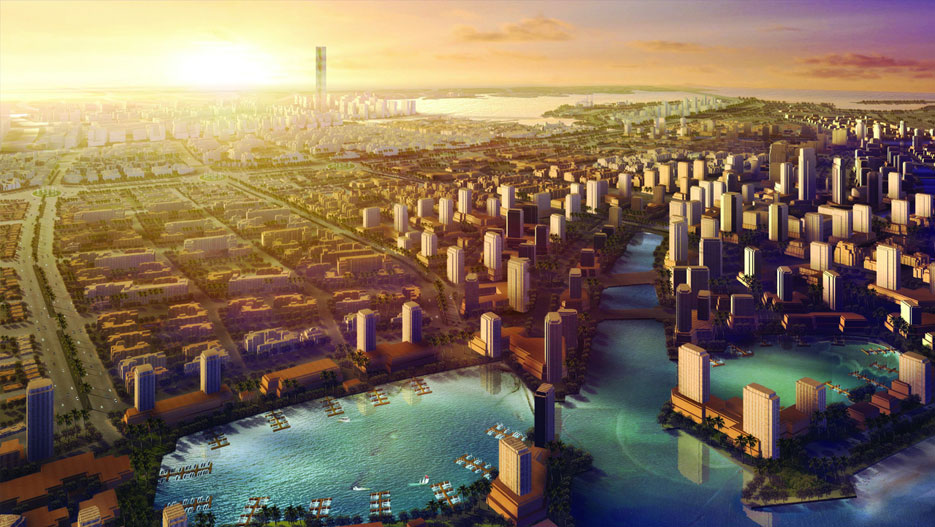
King Abdullah Economic City
The King Abdullah Economic City (KAEC) at the Red Sea is one of the 4 economic mega-cities. The KAEC is to cover the area of 168 square kilometers, provide up to 1 million jobs and home to 2 million people. The city is to serve as an industrial and business hub with residential zones.
Major projects include a US$ 5bn aluminum smelter, education facilities, US$ 1bn international airport. The master-plan also includes 25,000 hotel rooms and a large financial district.
Experts told Marcopolis that the road from a carbon-energy country to a multi-industry knowledge society will be long and challenging. But the train to terra incognita also offers chances for domestics and global companies and decision makers alike. Traditionally a strong ally and business partner of the United States, Riyadh looks increasingly to the East, with Chinese, Korean and Japanese giants moving in to get a slice of the Saudi cake whose stock market represents 80 percent of Gulf Arab market capitalization. The fact that America will be soon independent from Arab oil thanks to fracking shale oil and shale gas almost forces Saudi Arabia to strengthen its ties with its partners in Asia.